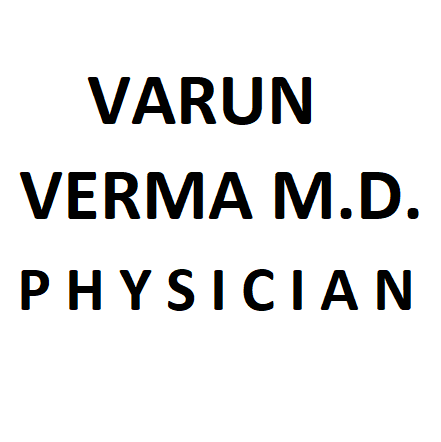As a physician – is it acceptable to say no? After working as a hospital medicine physician across five different states and internationally, I’ve realized that saying no is actually imperative. Physicians are stretched thin, abused, demonized, and expected to be superhuman when it comes to patient care. We secretly complain in online forums, we commiserate with other physicians in on-call rooms, sometimes we even seek mental health help, but rarely do we fight back and firmly say ‘no.’ In my opinion, we have to change the culture of ‘yes-to-anything’ immediately.
Firstly, we must learn to say no to things that have a continuous negative impact on our own health. The triggers are of course different for each physician, but if we can’t take care of ourselves then we won’t be able to tend to our patients. There are undoubtedly universal moments that push us all to breaking point – sleep deprivation, catastrophic outcomes, being away from our own family and friends, and the constant ego driven fights that ensue within the healthcare Colosseum. Thankfully, for the most part, these are usually followed by times of diastole or rest, where calm ensues. If it does not, then you have a situation that threatens your very survival – and you need to get out. In my own training – I had to leave a coveted specialty because I suffered during the entire year with severe depression, anxiety, and then ultimately hypertensive urgency – where by blood pressure skyrocketed to 200s/110s and I would sweat profusely through my white coat. I had to leave because it seemed that my own mental health (and perhaps my life) depended on it. Changing specialties was especially difficult because I had worked hard to gain the spot and I felt like I was disappointing family and my mentors. Life hasn’t been rainbows and puppies since then, but I can honestly say my blood pressure has never been in the stratosphere and I don’t leave work and Google my escape options. (And yes, I did have a medical workup to rule out thyroid disorders, pheochromocytoma and renal artery stenosis).
Equally importantly – we must say no to activities that jeopardizes patient safety. One thing I have noticed that our nursing colleagues do incredibly well is advocate passionately for patient safety. At one hospital in upstate New York I noticed that if the nurse:patient ratios were unsafe – the nurses would sign written protests in the morning at the start of shift and fax forms to nursing leadership and hospital administration. I thought that was incredible. Maybe nothing would change in that moment – but establishing a continual protest was important in changing the culture. In my experience physicians simply don’t do this. We’re either too afraid for our jobs, or we are naïve and think that our voices will not matter. Well it does matter – to our patients! It’s almost as if we’ve been brainwashed to do whatever we’re told. Many years ago, I found myself as a fresh residency graduate at a terrible locums assignment. The employer wanted me to do a busy night of admissions and handle emergencies, and then in the morning – surprised me with the expectation that I was supposed to round on 10 additional patients before I left. I was shocked! This was insanity… having only 6 hours off before my next shift started?! Their explanation? ‘Well we are paying you for every hour that you are in the hospital – so you’ll be well compensated.’ I quit after two weeks. There was no way that I could provide safe and quality care to patients by working 18 hours straight with a high patient load.
Finally – we must say no to physicians being just another pawn in the healthcare battlefield. As a physician, I’m proud of the fact that I belong to a profession that values sacrifice, lifelong learning, compassion and science. I’m not a mercenary, and I certainly don’t work for the benefit of pharmaceutical companies or insurance companies. Like many of my colleagues; I see my sole duty as caring for my patients. I constantly battle utilization reviewers, insurance company ‘peer’ reviewers, and now increasingly often I’ve had to say hell-no to ‘exciting opportunities’ that flood my inbox from ‘innovative’ health tech companies or direct sales companies or so-and-so staffing companies. Let me repeat this for all middlemen loud and clear – I’ve worked for free in resource poor settings because I believe in the vital need for healthcare… but I will not work for pennies to enrich for-profit companies while patients receive substandard care. Some companies seemingly pay more for marketing and advertising than they’re willing to pay for expert advice. Mastery gained through training, empathy, and time spent building trust with patients at the bedside is what makes physicians the leaders in healthcare. Willfully agreeing as physicians to become something akin to ride share drivers is what makes us providers. I say no to that. I am a physician, not a provider.
Varun Verma M.D. Twitter | LinkedIn
Dr. Verma is a board certified internal medicine physician. He believes that quality healthcare is a human right and has worked around the United States and internationally.
